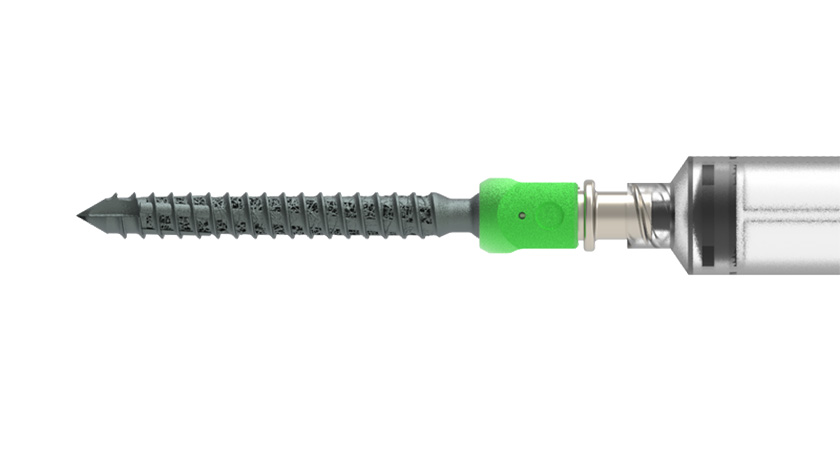
Changes in the method of sterilization have the potential to change performance characteristics of a device. In addition, if the sterility assurance level is lowered, your company must consider whether device safety or effectiveness may have been compromised by the new level.
Material Changes
If your company is making changes to the materials from which your device is manufactured, you should consider these changes, along with labeling changes, first.
If the device is an implant, changes in materials that contact body tissues or fluids may critically affect the device’s safety or effectiveness. Your company should submit a new 510(k) for a change in implant material where the material contacts tissue (including bone tissue) or body fluid.
Frequently, a change in material is made to purposefully alter the performance specifications of a device. Under GMPs, your company is responsible for assessing whether a change in material affects the device’s ability to meet specifications.
Sometimes changes in materials can inadvertently affect the total performance of a device. If performance specifications are inadvertently affected by a materials change, a new 510(k) will likely be necessary. Under GMPs, your company is responsible for assessing this possibility. If performance specifications are inadvertently changed, it is possible that a new 510(k) is necessary.
In Conclusion
Well-founded changes are inevitable for a product to remain marketable and, more importantly, to ensure that your company’s devices are safe and effective for human use. It’s the nature of the business and the foundation that our industry is built upon.
Making changes to a medical device is not just about continued cGMP compliance, and conversely, not just about making regulatory decisions based upon equivalence and safety and effectiveness. Before design controls, it seemed like the final decision for resubmitting a 510(k) fell to the regulatory department. On the contrary, today, decisions for resubmitting originate in places closely associated with cGMP design controls compliance, risk analysis and postmarketing surveillance data review concerned with noteworthy trends.
John Gagliardi has had success over the past 46 years in the medical device and pharmaceutical industries because of his hands-on approach to process-orientation and business perception. He has been actively involved in research and development, quality assurance, training, operations, process architecture, FDA inspections and regulatory affairs. Mr. Gagliardi specializes in building systems in a compliant and business-ready manner. Mr. Gagliardi can be reached by email.
MidWest Process Innovation, LLC
www.midwestprocessinnovation.com




